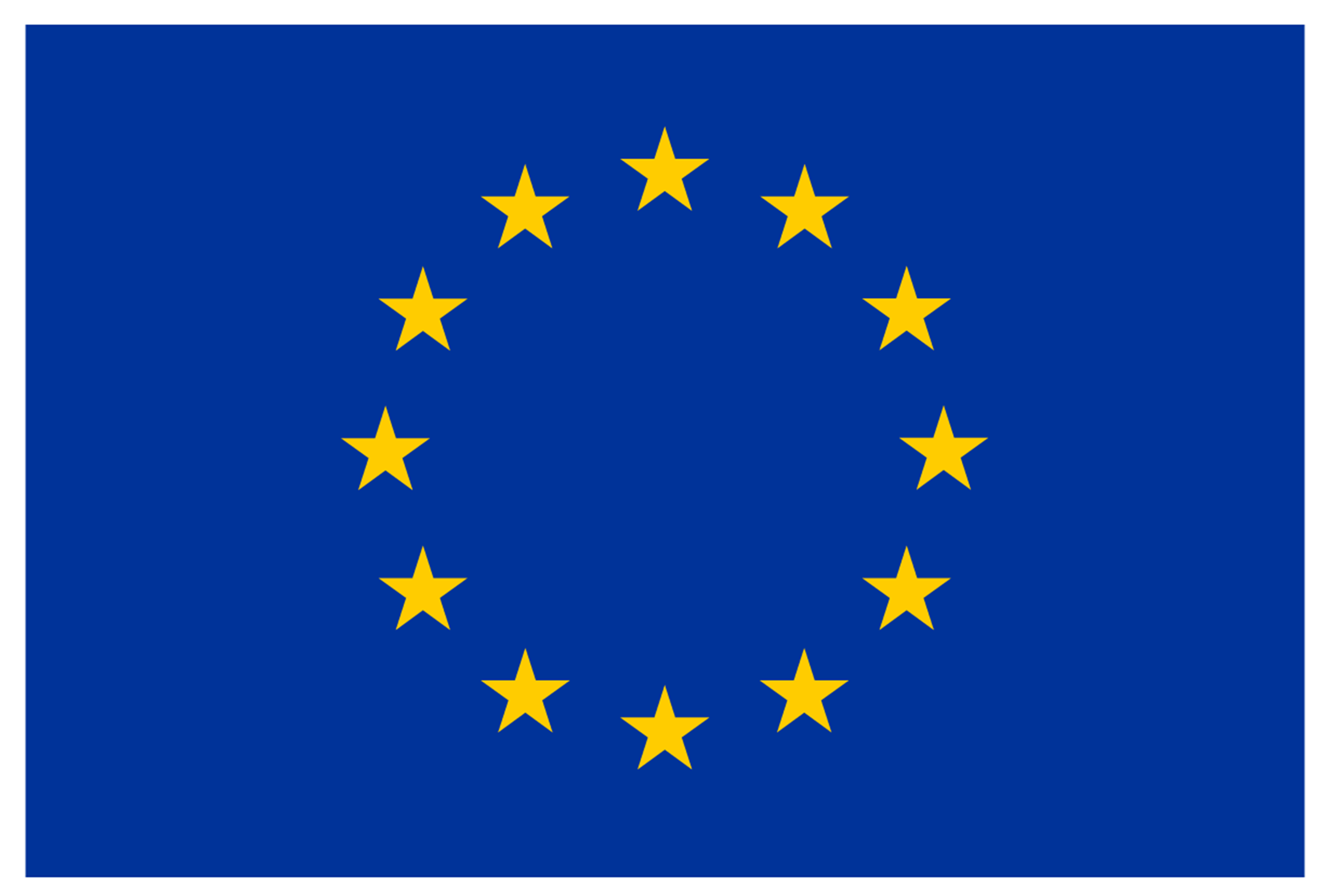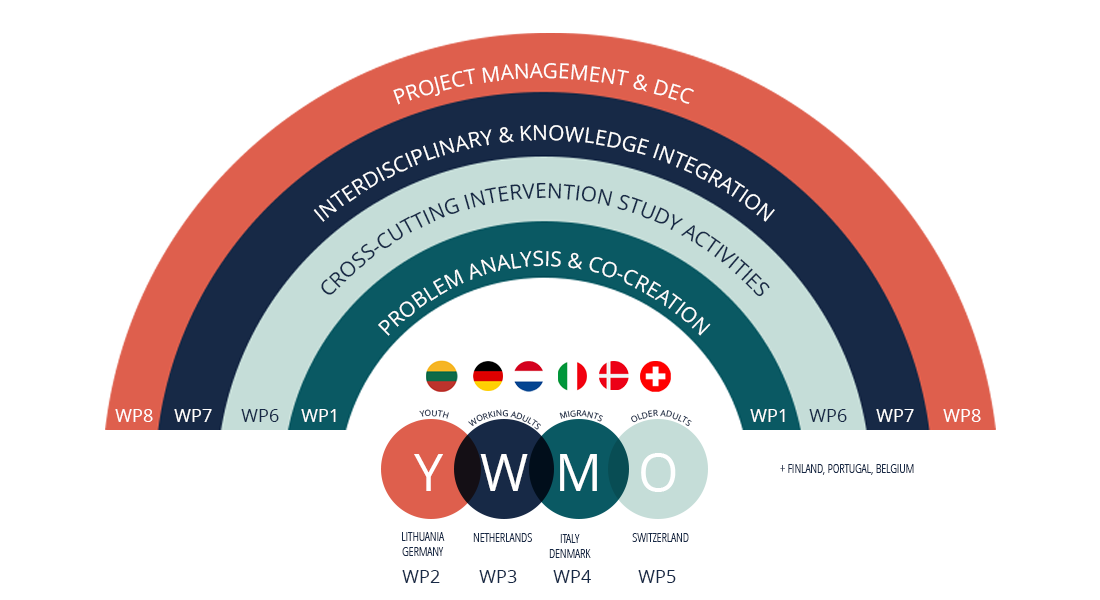About Our Research
Why we do what we do
Mental health is as an urgent priority in Europe. The EU is focusing on big challenges like the pandemic, climate change, digitalisation, economic disparities, migration, conflicts, and changes in society as the most critical threats for mental health in our time. EU reports show that 84 million people in the EU face mental health issues, which ends up costing a lot of money (more than 600 billion Euros, or 4% of the economy). Mental health problems make up about 26% of all health issues in Europe.
Read EU's comprehensive approach on mental health
Even though many groups of people are recognized as being at risk for mental health issues, there haven't been enough efforts to create strategies beyond specialized clinical treatments. To tackle this challenge, we need a significant shift in the mental health field. This means closing the gap between research and practical solutions and making a variety of evidence-based, flexible, and scalable mental health promotion and prevention interventions accessible and usable all across Europe.
ADVANCE is a comprehensive project aiming to enhance our knowledge about mental health promotion and prevention. It will develop specific programs that can be used as models for important groups in various European countries. Additionally, ADVANCE will create the necessary guidance and methodologies to make sure that mental health programs are not only effective but also can be developed, adjusted, put into action, evaluated, and scaled up to reach wider populations.
Funded by

The ADVANCE project has received funding from the EU Horizon Programme under Grant Agreement No. 101080323
Project: ADVANCE - Addressing mental health vulnerabilities from adolescence to older age: innovating prevention science for times of change
Period: 2023-2028

How will we do it
ADVANCE is an ambitious project that uses a variety of methods and focuses on addressing structural injustice. It includes:
- A thorough co-creation process involving end-users, practitioners, and policymakers.
- A set of connected studies that intervene with different vulnerable populations, ranging from youth to the elderly.
- The development of strategies for scaling up the impact of the project.
In total, ADVANCE will carry out five trials and a study on implementing these interventions.
Participants will be youth affected by climate change in Germany; socio-economically disadvantaged young adults in Lithuania; working adults in highly digitalized work environments in the Netherlands; migrants in Italy and Denmark; and older adults in Switzerland.
Structural injustice lens
In ADVANCE, the focus on structural injustice and human rights means acknowledging the intricate interplay between contextual vulnerabilities and mental health. This involves:
- We look for opportunities to better understand how we can address both contextually embedded risks and mental health through integrated programming;
- We emphasize co-creation approaches through which concerned populations can exert influence on research direction and implementation; and
- We are vigilant to risks for stigmatization and marginalization throughout the project.
What will we deliver
Our goal is to provide politicians and practitioners with hands-on strategies to prevent mental health concerns and promote initiatives for vulnerable segments of the population.
All intervention studies will include adaptation through human-centred design, participatory process evaluations, stigma prevention, and scaling strategy development.
By the project’s end, the team will deliver:
- Situational analyses
- Intervention packages
- Scaling strategies in 7 countries.
Based on our research across a range of developmental stages, risks, and settings, we aim to deliver 5 higher-level (synthesis) guidelines widely applicable in Europe – collected in the public-facing, openly accessible ADVANCE resource package.
Partners
- University of Copenhagen (UCPH)
- Central Institute of Mental Health (CIMH)
- Mental Health Europe (MHE)
- University of Turku (UTU)
- Heidelberg University Hospital (UKHD)
- Institute of Public Health, University of Porto (ISPUP)
- Royal Danish Library (KB)
- University of Verona (UNIVR)
- Vilnius University (VU)
- University Amsterdam (VUA)
- World Health Organization (WHO)
- University of Geneva (UNIGE)

